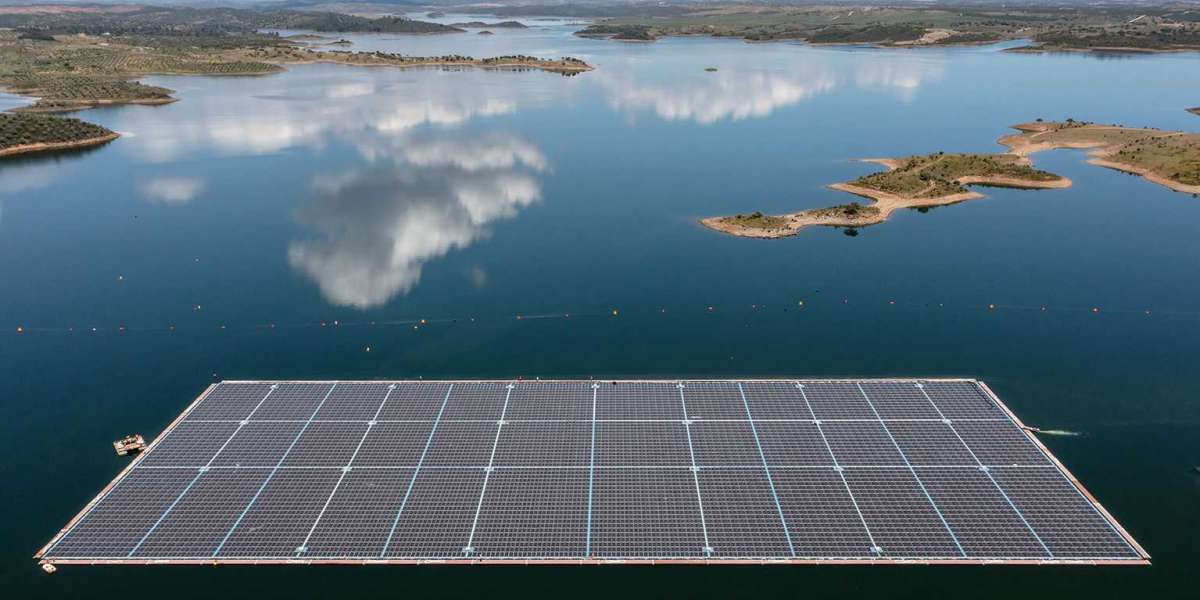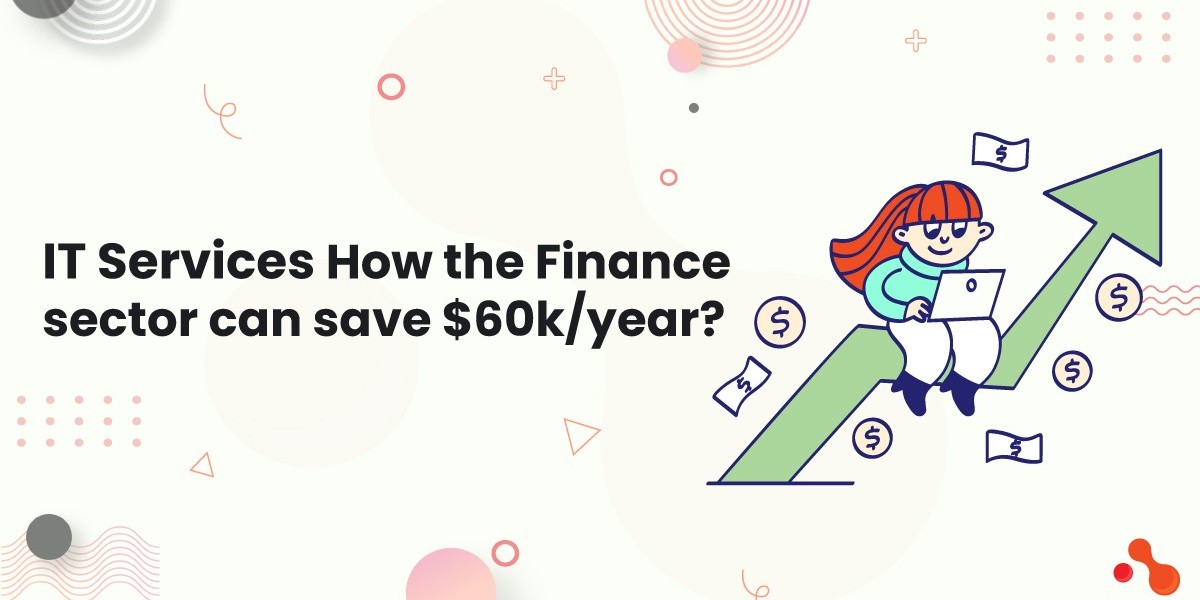Storing solar-generated energy with solar battery storage uk grants more energy independence, but it may not be for everyone.
Solar battery storage adds more moving parts, costs, and complexities homeowners must manage with their home solar power system.
You still will have to deal with the provider and have less autonomy, but net metering is a good option for many homeowners.
Before we write off a solar battery backup storage system, let’s examine the pros and cons and how to make an informed choice.
Solar Battery Storage Pros and Cons
Let’s get any drawbacks out of the way first. We always like ending on a positive note.
Cons of Solar Battery Storage
Higher upfront costs than other residential solar energy systems
More complexity in estimates to get the backup load right for your needs
More parts that need yearly inspection and/or maintenance
It puts you into a Time-of-Use rate plan with your electrical utility company, resulting in higher electric bills if your solar system is not appropriately sized for your electrical usage. However, for example, the Tesla Powerwall can combat this by intelligently using stored energy during peak hours.
Pros of Solar Battery Storage
More incentives to recoup the costs of the system
24/7 backup energy ready for a blackout emergency and nighttime needs that seamlessly keeps your house and its essential appliances running
Great energy independence from utility rate changes, i.e., no more bills
It can operate in tandem with a grid-tie system for greater efficiency and energy assurance
Very low maintenance and use the sun power to charge the system
Excellent customer service support with any troubleshooting, if needed
Weather-resistant and family-friendly, safe to be around kids and animals anywhere in or outside your home
Customize system settings digitally and in real-time for maximum savings and personalization
Decreases your carbon footprint more and become net-zero energy users
Noiseless backup energy, unlike generators
Increasing power outages and utility rate hikes have become the norm for Californian residents.
Residential solar systems are even the playing field, but adding storage completely tips the balance to the energy users’ side.
Is Solar Battery Storage Right For You?
Solar power storage may not be right for everyone despite all the advantages. If you don’t experience many power outages, maybe 1-2 short-term ones per year, or want to be conscious about your energy use, you may want to get a grid-tie system and be done with it. It may not be worth the cost of a backup battery system for individuals with those two types of situations.
However, if you find yourself in the following situations, battery storage is probably a worthwhile investment:
Your area is prone to natural disasters
You experience frequent outages due to an unreliable power grid
Own critical/medical equipment or appliances that must stay on no matter what
You experience ever-increasing electricity rates and fees from your energy provider
Want to reduce seasonal and/or daily peak costs in your electric bill
Decrease your dependency on fossil fuels and lower your carbon footprint more
Usually, a grid-tie solar system is enough for homeowners, but the above scenarios put energy users into the category of those who need solar energy storage.



